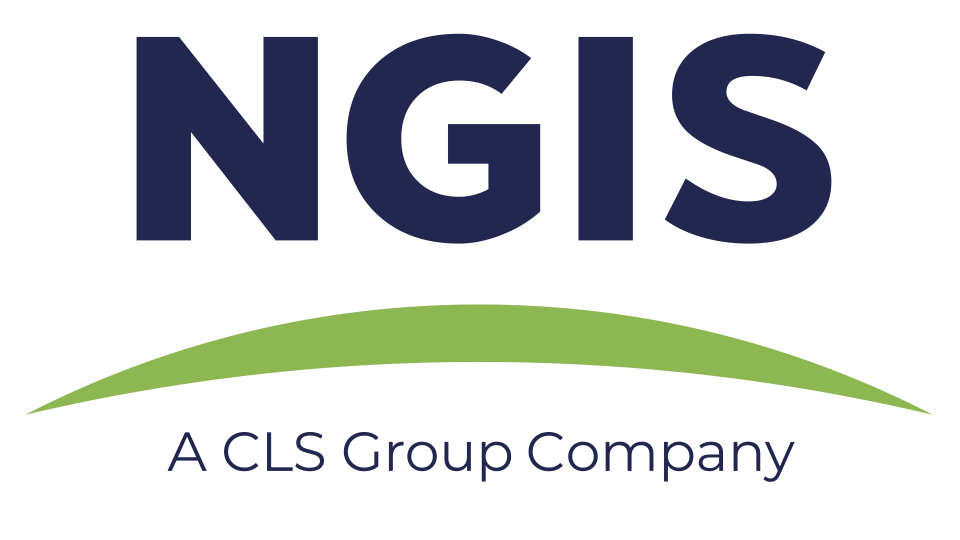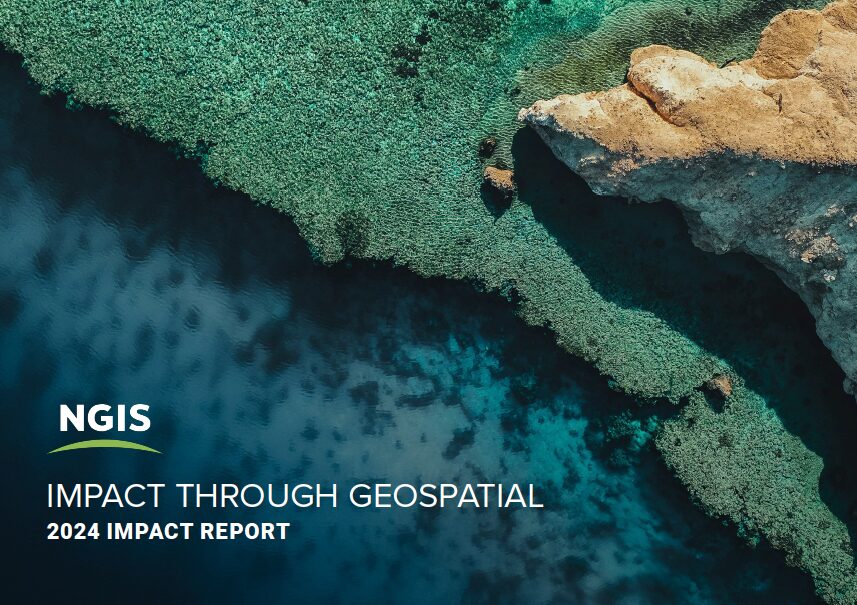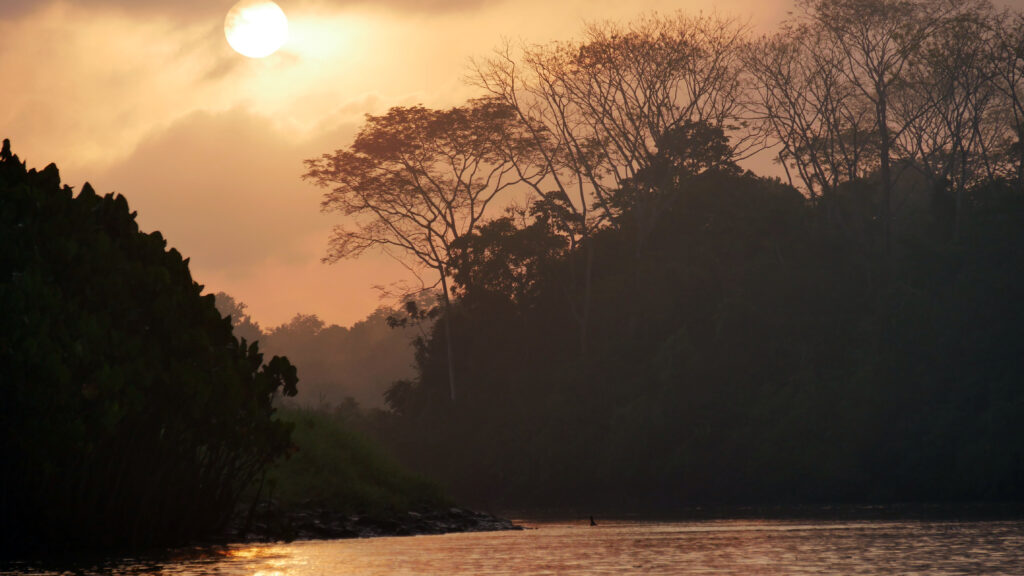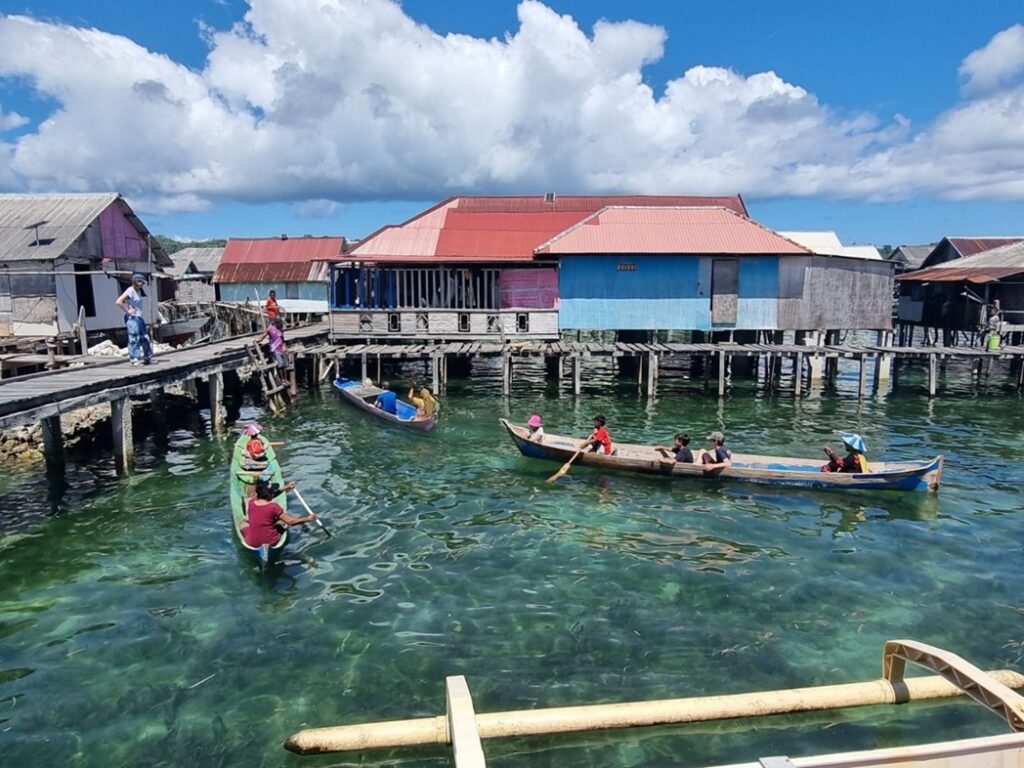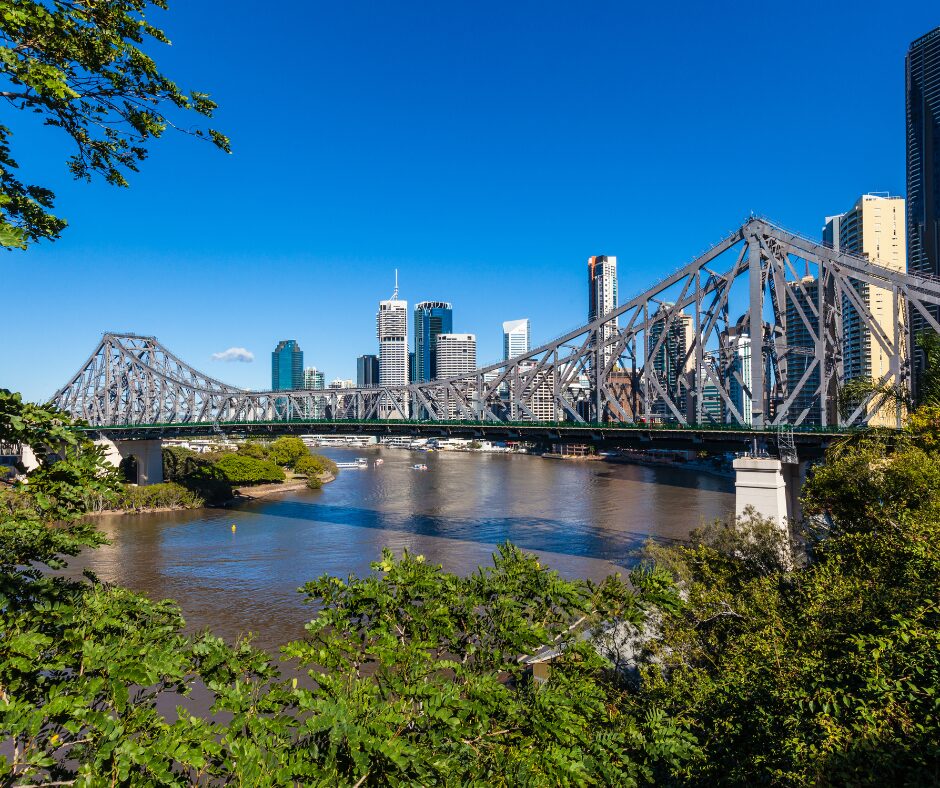Digitally Transforming Supply Chains in the Coffee Industry
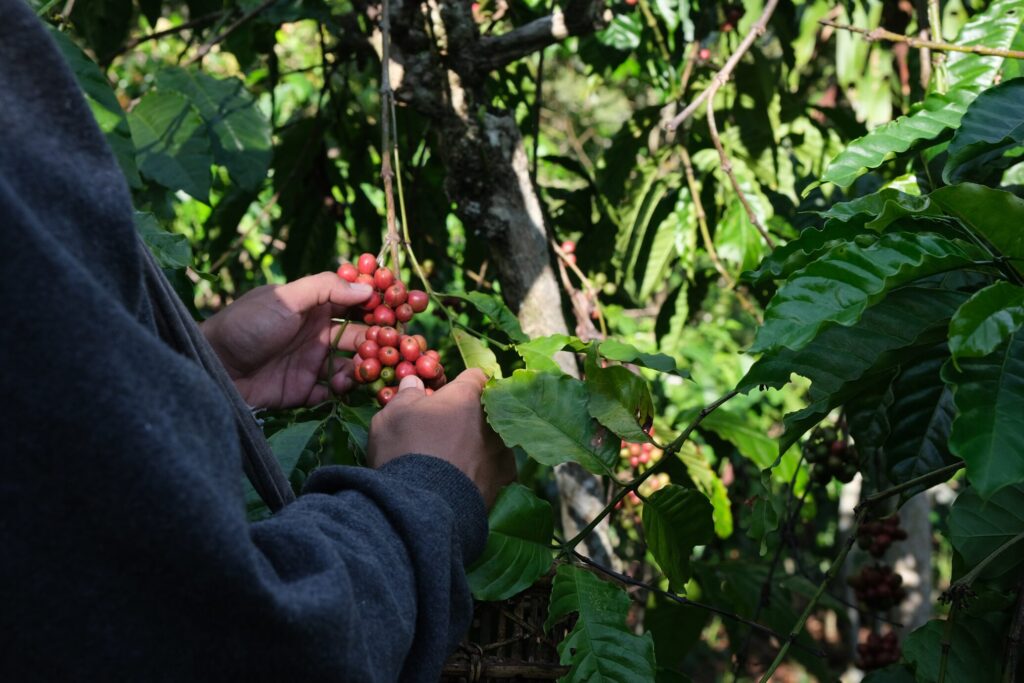
3 Billion Cups of Coffee are Consumed Every Day
Coffee is the second largest exported commodity globally, behind only crude oil in traded volume. It is estimated that 3 billion cups of coffee are consumed every day, supported by a supply chain of over 12 million coffee growers globally. Over 10% of all coffee is grown in Africa and around 30% of all coffee is consumed in Europe.
With the implementation of the European Union Deforestation Regulation (EUDR) coupled with impacts of climate change there is a need to provide fundamental digital capability to ensure that African farmers are both able to participate in global supply chains as well as being resilient to climate change.
Use this paragraph section to get your website visitors to know you. Write about you or your organization, the products or services you offer, or why you exist. Keep a consistent communication style. Consider using this if you need to provide more context on why you do what you do. Be engaging. Focus on delivering value to your visitors.
Empowering Farmers Through First Mile Data Ownership
In October 2024 during the United Nations General Assembly in New York, NGIS in partnership with United Nations Industrial Development Organisation (UNIDO), Google, Lavazza, The International Coffee Organization and Illy launched the Sustainable Coffee Solution.
A key driver for this solution is to provide supply chain traceability and land use monitoring capability to address the specific requirements of the EUDR. This solution aims to build foundational capabilities that will future-proof African coffee production, extending beyond regulatory compliance to include sustainable agricultural practices, value-added services, and climate finance solutions that mobilise public and private investments.
By democratising data access across the entire supply chain and recognising farmers as central stakeholders, the solution focuses on equitable growth, reducing risks and ensuring fairvalue distribution throughout the value chain, fostering long-term resilience for Africa’s coffee industry.
To comply with EUDR and future regulations, organisations will need to implement a due diligence and traceability system. The addition of geospatial information and validation provides an opportunity to engage with growers and producers to bridge the gap with technology. Digital capability is required to reduce the barriers to data sharing along with accelerating supply chain transparency through a data sharing ecosystem.
By leveraging digital transformation technologies such as Google’s pioneering artificial intelligence (AI), and the TraceMark™ traceability and EUDR compliance platform, we are committed to empowering farmers, cooperatives, producers, distributors and roasters with accessible data-driven insights that optimise productivity while safeguarding ecosystems.
This collaborative effort ensures compliance with current and future regulations like the EUDR, while setting a higher standard for sustainability, transparency and traceability across global markets. The Sustainable Coffee Solution contributes to four United Nations Sustainable Development Goals (SDGs), a global framework designed to address the world’s most pressing social, economic and environmental challenges. Guiding efforts toward a more sustainable and equitable future.
Related Articles
Here are more related articles you may be interested in.
